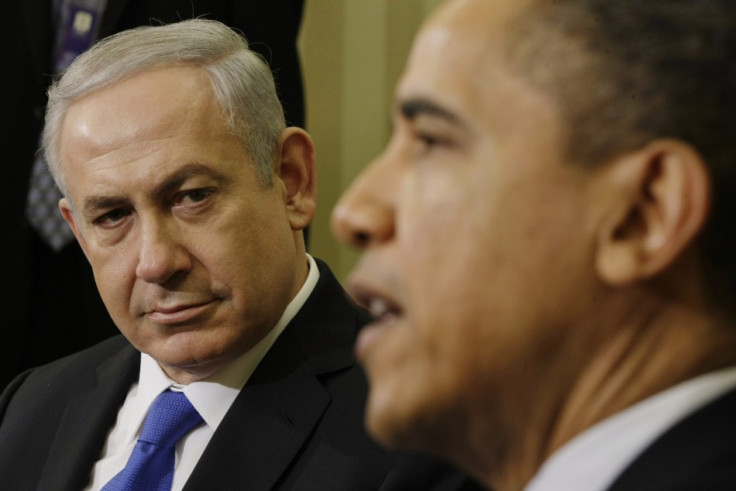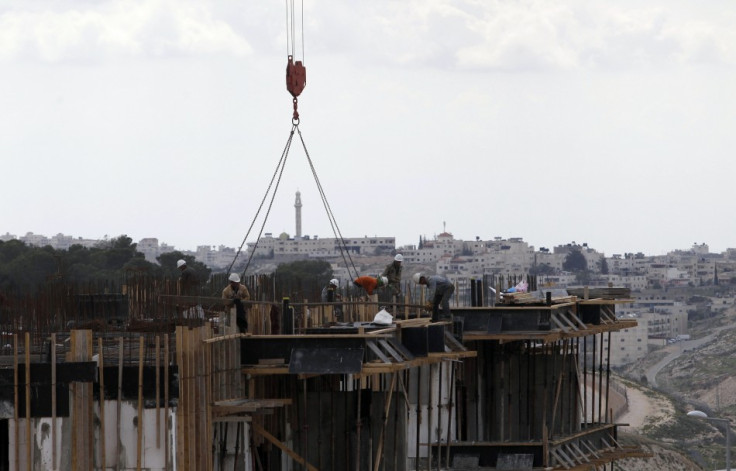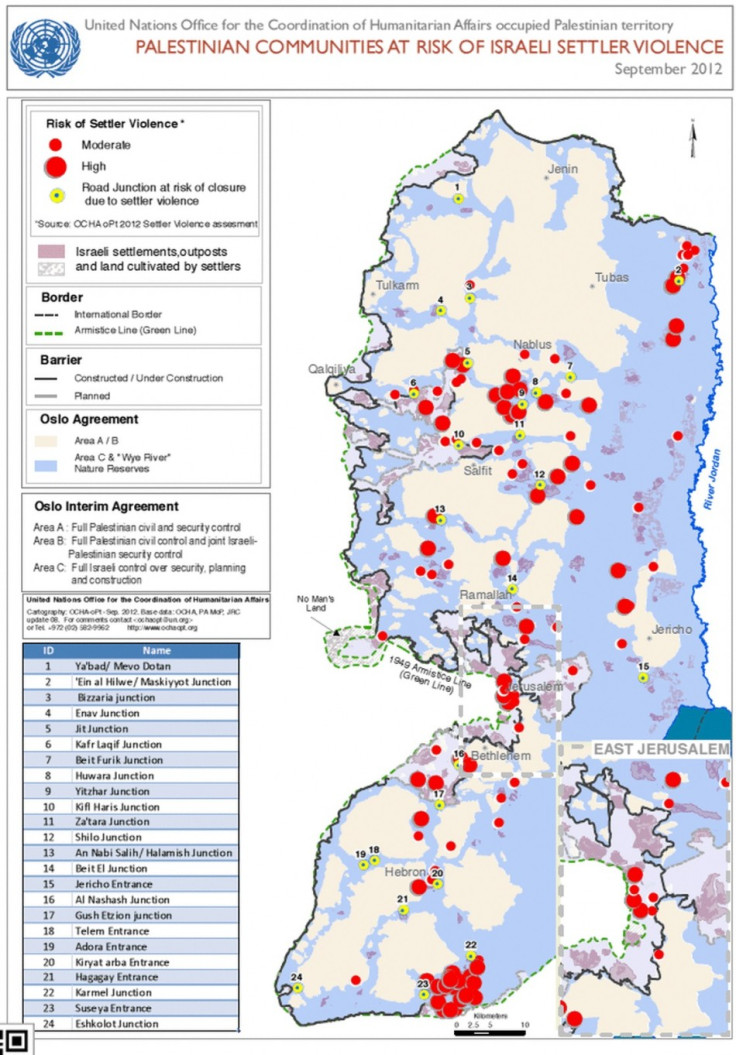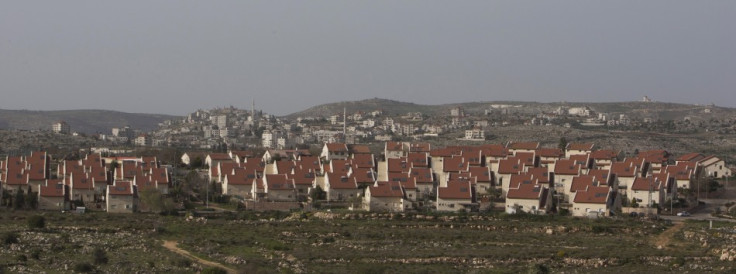Obama-Netanyahu: Israeli Settlers Can Sleep Tight Over US President's Visit

Israeli authorities have been busy shutting down the main road for settler vehicle traffic in the West Bank ahead of US president Barack Obama's visit.
Route 60, which cuts the West Bank in two, links the Palestinian cities of Ramallah and Bethlehem and is normally controlled by the Israeli Defence Force (IDF). It provides the only road access to the settlements of Beit El, Psagot, Kochav Yaakov, Migron and the Sha'ar Binyamin industrial zone. Even ambulances will be barred from using the road during the Obama visit.
However, it is still unknown whether Obama will arrive in Ramallah by helicopter or road convoy. He is also expected to stay silent on the issue of illegal settlements in the West Bank and has said he plans to listen rather than lecture while he is in Jerusalem.
Creeping Annexation of West Bank

As prominent writer on the Israeli-Palestinian conflict Phyllis Bennis of the Institute for Policy Studies in Washington noted, the biggest challenge facing Prime Minister Benjamin Netanyahu with Obama's visit will be "how to get him from Jerusalem to Ramallah without him seeing the wall" between the Jewish state and the Occupied Territories.
It is hard to recognise in Obama the same vocal critic of the settlers who, in the first months after his election, said it was "time for these settlements to stop".
Obama has denied that he will bring any proposals for a political solution to the conflict and has ruled out demanding a construction freeze in Israeli settlements.
The new administration reflects Obama's renewed attitude towards the settlers. The US refused to take part in a UN Human Rights Council debate on the issue.
The experts concluded that Israel's "creeping annexation" of the West Bank had led to many rights violations and even raised the possibility that future cases might be brought before the International Criminal Court (ICC) in The Hague.
A bolder UN

Recently, Obama did not give a direct answer when asked about a new settlement freeze. "We're past the point where we should be even talking about preconditions and steps and sequences," he told Israel's Channel 2.
But many experts wonder for how long he will be able to bypass the question of settlement violations given an increasingly bold attitude by the UN in tackling the issue. A UN fact-finding mission urged Israel in January to stop settlement expansion and withdraw all Jewish settlers from the occupied West Bank, claiming it breached the human rights of Palestinians.
Delegates added that the system of segregation, supported by the military and law enforcement, contravened the 1949 Geneva Conventions that ban the transfer of civilian populations into occupied territory.
"The finding about settlements and the fact that they deemed it as an ongoing violation is key because it goes directly to the applicability of the Rome Treaty," Bennis said.
"It also calls on Israel to stop settlement activity but goes further and says that the settlers must be removed. No one has ever said that before."
Pro-settlers in powerful positions

The newly installed Netanyahu government is undoubtedly one of the most pro-settler in Israel's history. Centrist Ehud Barak has been replaced by Moshe Ya'alon, a pro-settlement former military chief of staff with Likud, as defence minister.
Ya'alon has experience in planning extrajudicial assassinations abroad and destruction and displacement in the Gaza Strip, according to Sergio Yahni of the Alternative Information Centre.
Incoming deputy defence minister Danny Danon said: "The era of Ehud Barak is over. The new government will strengthen settlement in Judaea and Samaria." He used the biblical term for the occupied territories in the West Bank.
Ultra-nationalist Uri Ariel, one of the leaders of the far-right Jewish Home party of Naftali Bennett, was given the post of housing minister. He is a vocal opponent of the Palestinian state.
Nobody will be hurt

It is true that all Israeli leaders since 1967 have supported the settlement movement. But Netanyahu announced in December and January an electoral move to build more than 11,000 new homes in East Jerusalem and the West Bank.
The move was also regarded as retaliation against the UN bid which implicitly recognised Palestinian statehood and strengthened its chances of joining UN agencies and the ICC.
The former finance minister, Yuval Steinitz, said in November that the government had doubled the share of the national budget dedicated to West Bank settlements. Many settlers in the West Bank are optimistic that the new government will allow them to keep building and Obama will not raise the issue on the subject.
"The settlement enterprise has been going strong since the 1970s," Aviela Deitch, a resident of Migron, an "illegal outpost" north of Jerusalem, told Al Jazeera. "It's nothing that is going to be wiped off the map so quickly."
Despite the mutual antipathy, it is very unlikely Obama will do anything to hurt Bibi Netanyahu on his visit, and that is also true the other way round. In the name of political pragmatism and a cautious rebuilding of a rocky relationship, international law and human rights concerns can wait.
© Copyright IBTimes 2024. All rights reserved.






